China's China Daily newspaper calls BRICS a rising group in a changing world. Professor Christopher Isike of the University of Pretoria, South Africa, believes that BRICS is becoming a very important geopolitical and economic bloc, promoting multipolarity and order, ensuring the balance of power in a somewhat "chaotic" world.
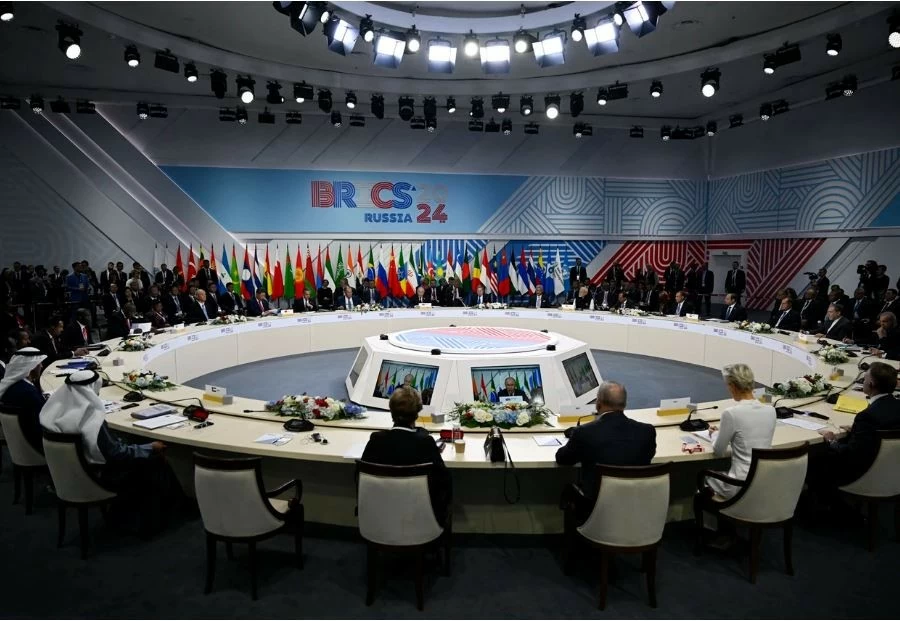 |
| The BRICS 2024 summit will be held in Kazan, the capital of the Republic of Tatarsta, a symbolic bridge between Europe and Asia. (Source: AFP) |
During the BRICS 2024 Summit in Kazan, Russia from October 22-24, news updates and commentary related to the group of the world's leading emerging economies (BRICS) filled the newspapers. International media assessed that the first gathering after the historic expansion marked the beginning of a new era of cooperation for BRICS++, when the main issue that united the group's members was their "disillusionment" with Western-led global governance institutions, especially in the economic field.
Meanwhile, BRICS++ (Brazil, Russia, India and China, South Africa, Egypt, Ethiopia, Iran and the United Arab Emirates) - as a group of economies with the highest growth potential today, is seeking to improve the world order and rebalance the West's dominance on global issues. Many other developing countries seek BRICS membership also due to the expectation of eliminating inequality in current international organizations and institutions.
Multipolar world order?
The city of Kazan, the capital of the Republic of Tatarstan - the place chosen by Russia to host the 2024 BRICS Summit has many interesting implications. As a symbol of the bridge between Europe and Asia, this is also a place where many religions coexist and develop for peace, for human happiness and that also implies the desire for a multipolar world, working together to develop strongly.
Russian President Vladimir Putin publicly stated his goal of building a “multipolar world order” in a speech at the 2024 BRICS Summit.
The Russian leader affirmed that BRICS was never built "against anyone" but is an association of countries working together based on common values, a common vision of development and on the most important principle of taking into account each other's interests.
Accordingly, as the current BRICS Chair, Russia has called for support from the Global South, or developing countries from Asia, Africa, the Middle East and Latin America — a counterweight to the Northern Hemisphere of industrialized countries, traditionally led by the United States.
Welcoming distinguished guests to the biggest diplomatic event since Russia’s military operation in Ukraine, Moscow used a special Tatar welcome with salted bread and sweets. Highlighting the role of the leading emerging economic group, President Putin highlighted BRICS++ as an alternative to Western-led organizations such as the G7 and G20, calling on members to join hands to solve global problems, including regional conflicts.
"The process of forming a multipolar world order is ongoing, a dynamic and irreversible process," President Putin said at the opening ceremony of the BRICS 2024 Summit, affirming that the Group is gaining dominance in international affairs.
Amidst the “heating up” geopolitical and economic tensions globally, during the talks, the Russian leader emphasized Moscow’s close relationship with BRICS++ partners, including leading economic powers such as China, India, etc., affirming that their relationship is the foundation for world stability.
In response, Chinese President Xi Jinping praised the deep Russia-China relationship, Appreciating cooperation in the context of the world undergoing profound changes unprecedented in a century and the international situation being intertwined with many fluctuations, the Chinese leader reaffirmed that BRICS cooperation is a pillar force in promoting a fair and orderly multipolar world, as well as beneficial and inclusive economic globalization.
From outside BRICS, NATO member Türkiye has officially applied to join the group. Of course, Ankara has its own calculations, but this move reflects its strategy of pivoting to non-Western alliances and expanding its influence, as BRICS emerges as a new global power and is seen as a potential rival to the G20.
In the joint statement concluding the Summit, BRICS++ leaders pledged to further promote the BRICS institution, support an open and fair multilateral trading system, and accelerate reforms of the Bretton Woods systems (IMF, WB...) by enhancing the "voice" of developing countries...
Commenting on the important BRICS meeting, many experts, such as Angela Stent, Director of the Center for Eurasian, Russian and Eastern European Studies at Georgetown University, or analyst Timothy Ash of the Russia and Eurasia program at Chatham House, all shared the same opinion that the BRICS Summit in Kazan was important both symbolically and practically. Because that event proved that, instead of being isolated and defying Western sanctions, Russia still has many international partners willing to cooperate, even powers like China, India, etc.
The power of BRICS++ is...
After the end of the Cold War, developing countries and emerging market economies sought to better protect their national security, promote economic development and improve the living standards of their people. Along the way, they needed a fair and just world order that promoted economic globalization, multilateralism and democratic international relations.
China Daily commented that, in fact, BRICS has proposed a development path different from Western models. It is a constructive path, aiming to promote global economic growth and improve global governance.
BRICS member countries now contribute about one-third of global GDP, more than the combined share of the G7 countries.
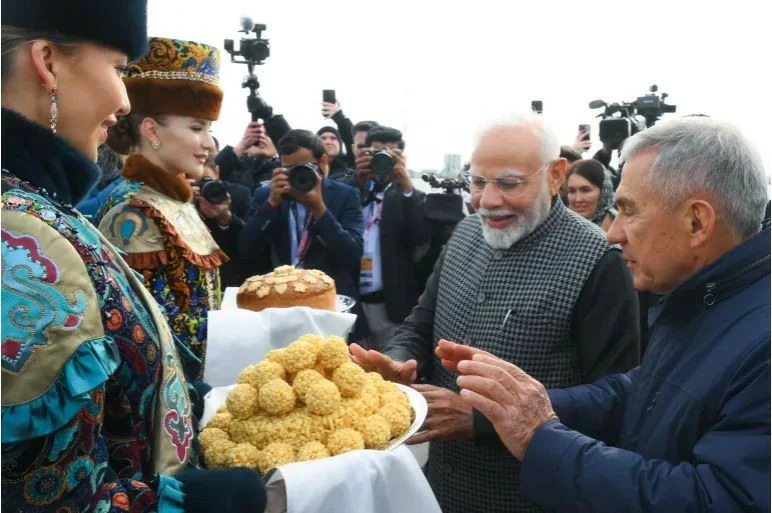 |
| Russia welcomed distinguished guests to its biggest diplomatic event with a special Tatar welcome ceremony of salted bread and sweets. (Source: AFP) |
BRICS spans several continents, with members accounting for about 31% of the world's land area and 46% of the global population.
BRICS also accounts for about 40% of the world's oil production and reserves. This means that BRICS has the potential to meet the development needs not only of its members, but also of non-member countries, and even help alleviate global poverty.
BRICS has thrived over the past decade because they believe in consultation and agreement rather than just one country making decisions or dictating terms for other members to follow.
The principles of openness, transparency, solidarity, mutual support, cooperation and common development, as well as the spirit of inclusiveness and mutual benefit have united BRICS members.
Meanwhile, the new BRICS members from the Middle East and Africa - the regions most representative of emerging markets and developing countries - are expected to help build closer and stronger partnerships.
The inclusion of Middle Eastern countries in BRICS will boost cooperation in the oil and gas sectors. With the Israeli-Palestinian conflict showing no signs of ending and energy prices rising, BRICS members, which are major oil and gas producers and consumers, need to strengthen cooperation to protect energy resources.
According to the BRICS 2024 Presidency, more than 30 countries have applied to join BRICS, citing that the group is truly democratic and representative of them.
In terms of strength, BRICS member countries are engaging in practical cooperation in many fields from economics, politics, health... Moreover, BRICS has become an important driving force of South-South cooperation and is working to improve global governance.
At the 2017 BRICS Summit in China, the group proposed the BRICS++ cooperation model, promoting dialogue between emerging market economies and developing countries. BRICS++ strives to amplify the voice of developing countries in the global governance system, laying a solid foundation for the expansion of BRICS.
At the Kazan Summit, Russia also focused on "strengthening multilateralism for global development and security" in a variety of fields, finance, trade, technology, industry, culture, education and environment... With member states aiming to reach consensus on strengthening economic cooperation, improving global financial governance, maintaining global peace and stability, expanding cultural exchanges, as well as discussing the admission of more members...
During this major event, the host country Russia also outlined in more detail the payment platform - BRICS bridge, used for cross-border payments, including digital currencies. As Russian Finance Minister Anton Siluanov recently mentioned, the current financial system was established more than half a century ago, so it needs to be modernized and the financial needs of developing countries should be met by new organizations, instead of the weakening IMF and WB.
In this regard, when talking with the President of the BRICS New Development Bank Dilma Rousseff, President Putin stressed that "using currencies of member countries instead of the US dollar or the euro simply "helps maintain economic development without being influenced by politics in today's world context".
Of course, in reality, solving just one payment platform issue is a complex story. While BRICS is working to improve global governance and has achieved significant success on the international stage, it still has a long way to go before it ensures that emerging market economies and developing countries get their due. Therefore, to build strength, member states need to work together to make BRICS a truly multilateral, thriving, mutually beneficial group.
Source: https://baoquocte.vn/brics-buoc-tien-kho-can-cua-mot-the-luc-dang-troi-day-291081.html





![[Photo] Looking back at the impressive moments of the Vietnamese rescue team in Myanmar](https://vstatic.vietnam.vn/vietnam/resource/IMAGE/2025/4/11/5623ca902a934e19b604c718265249d0)

![[Photo] "Beauties" participate in the parade rehearsal at Bien Hoa airport](https://vstatic.vietnam.vn/vietnam/resource/IMAGE/2025/4/11/155502af3384431e918de0e2e585d13a)


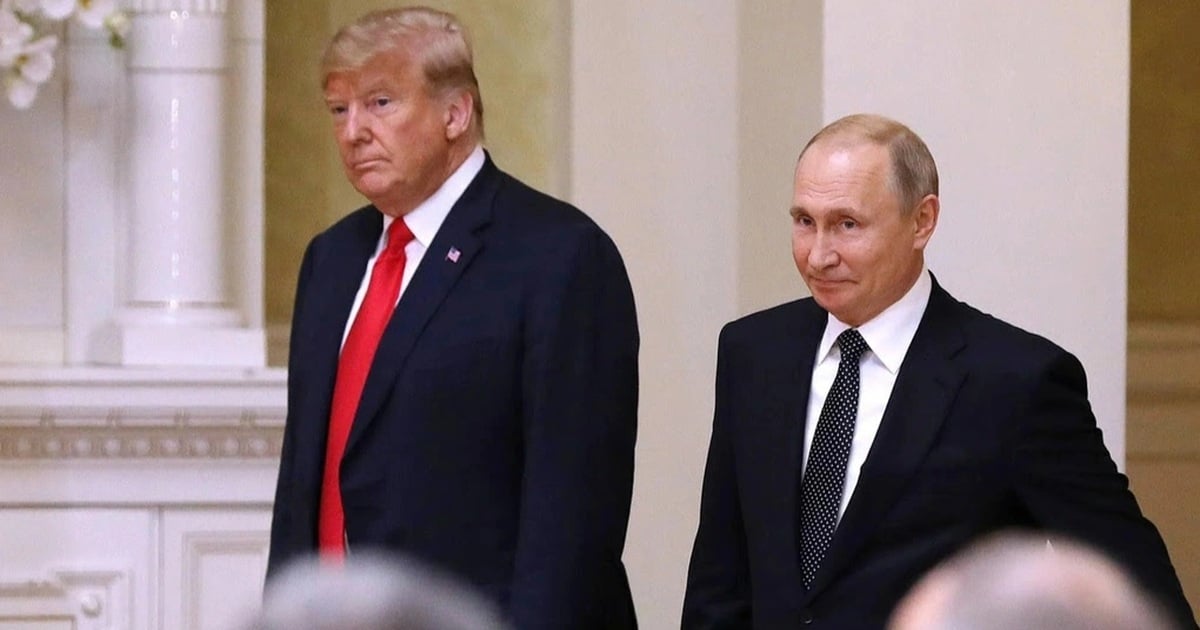

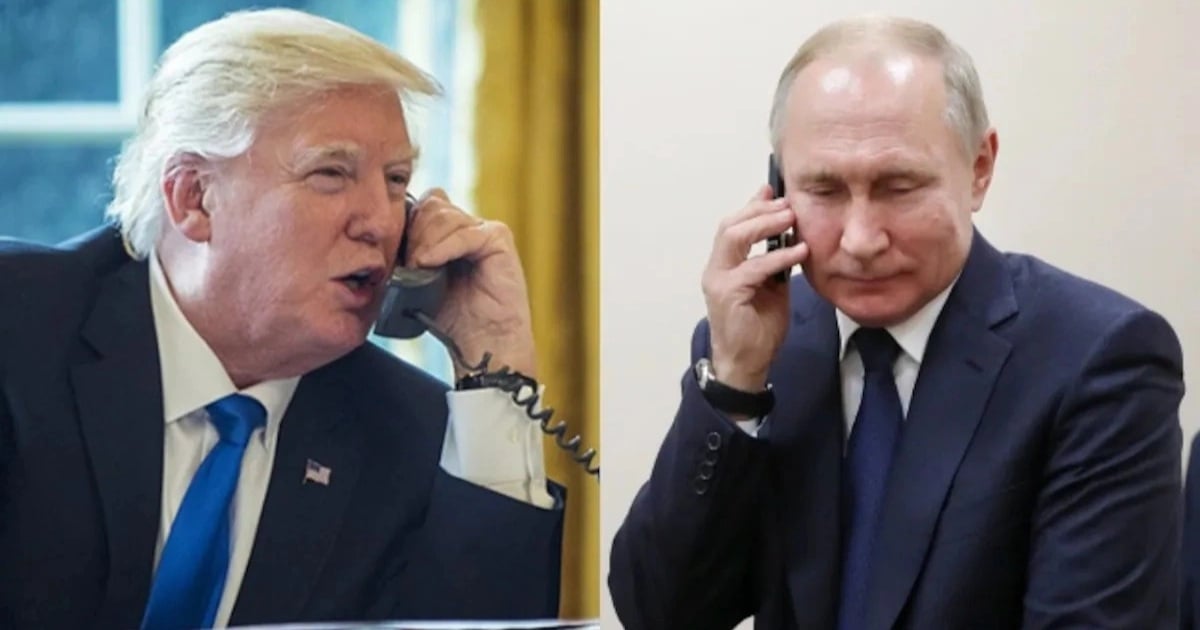
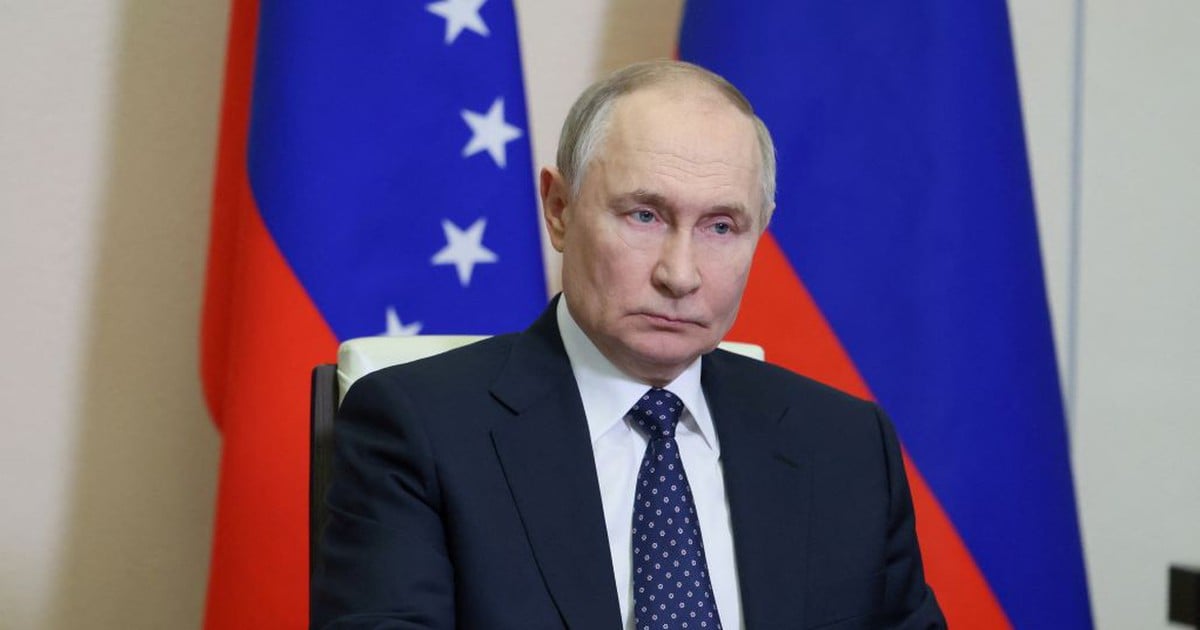



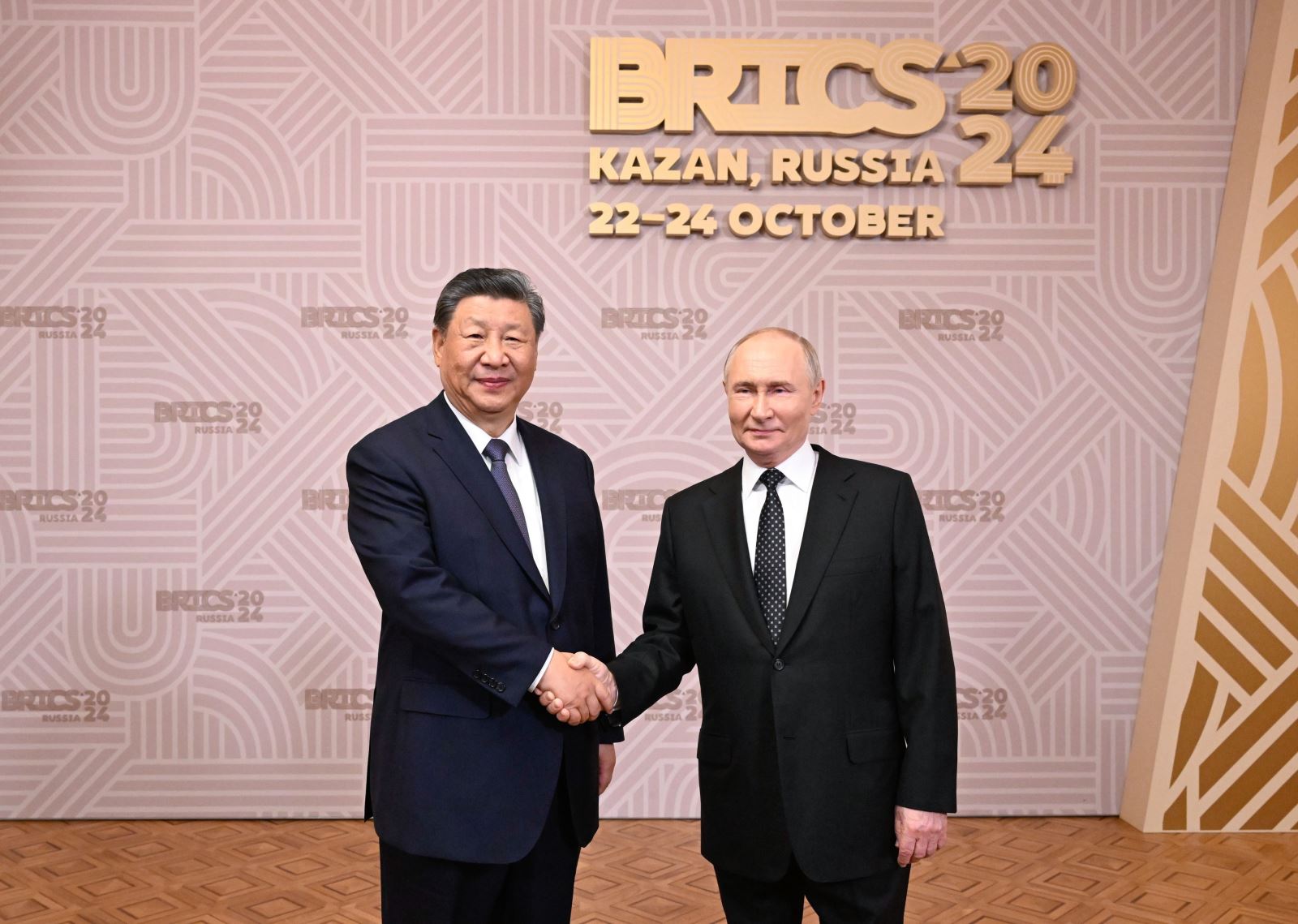

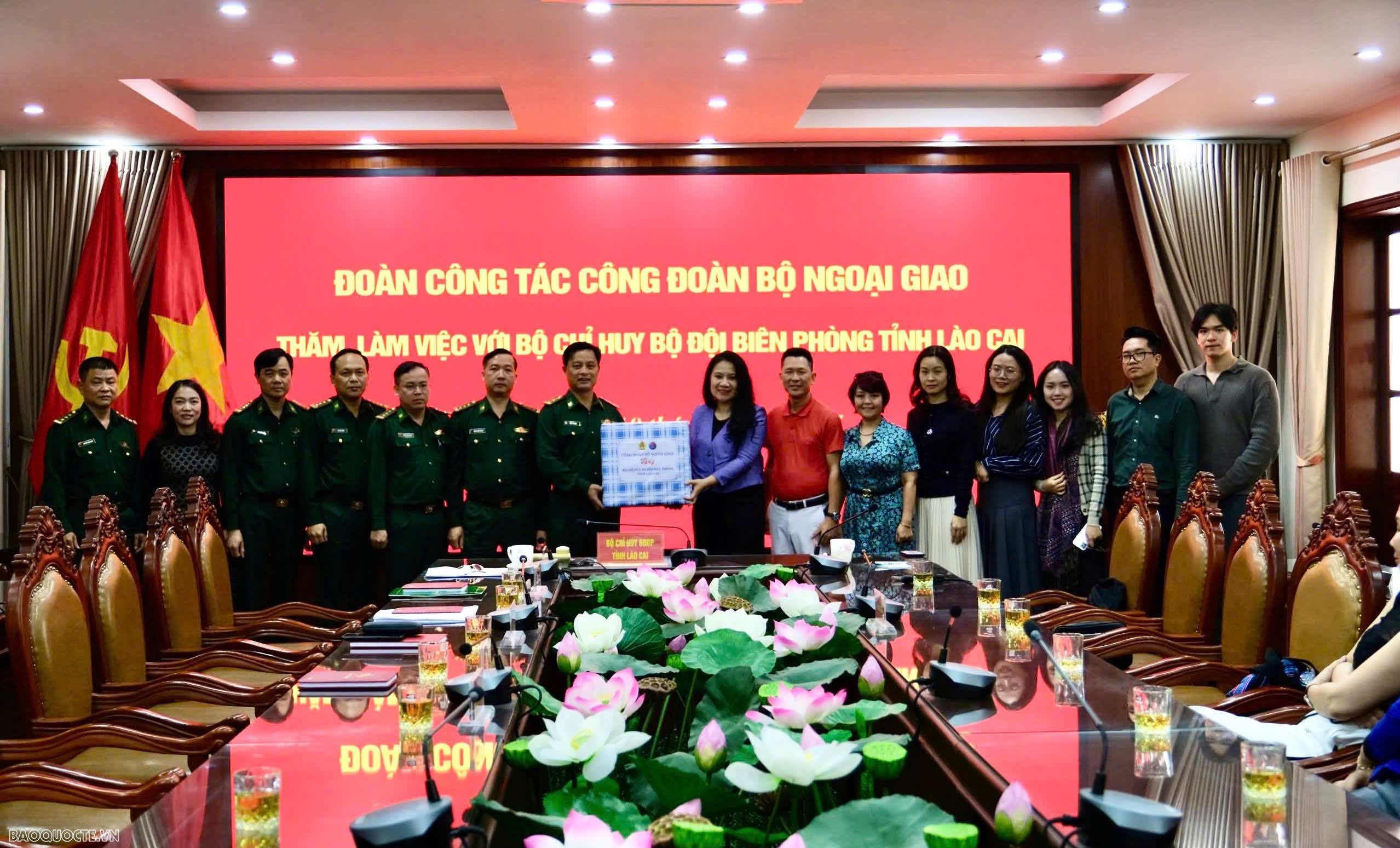
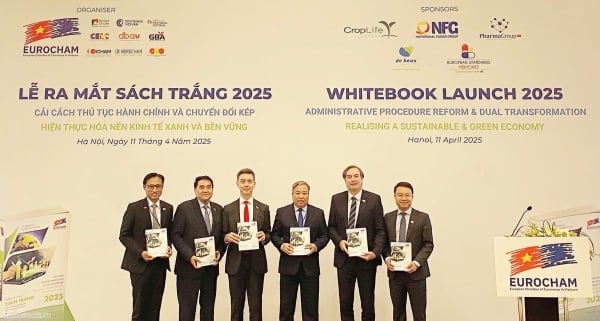
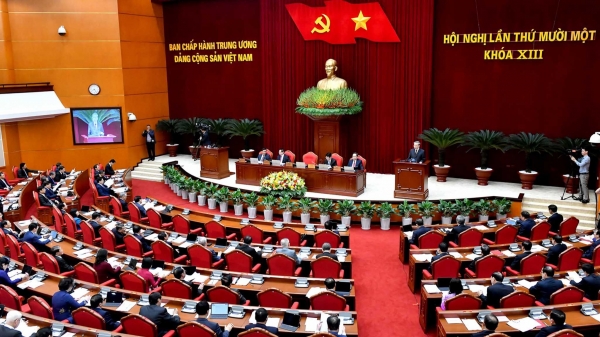
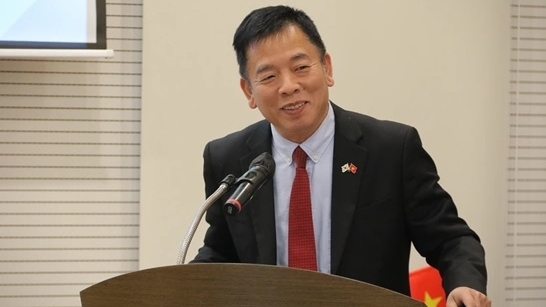





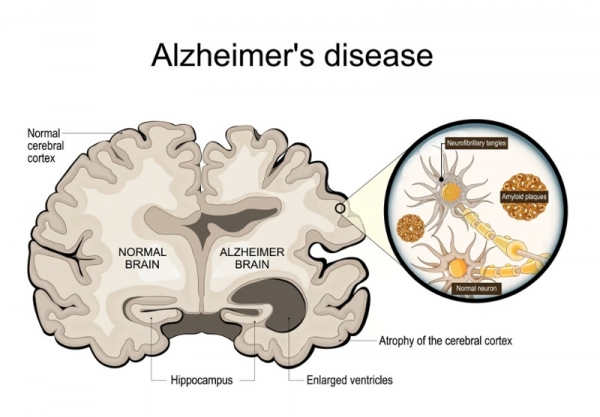
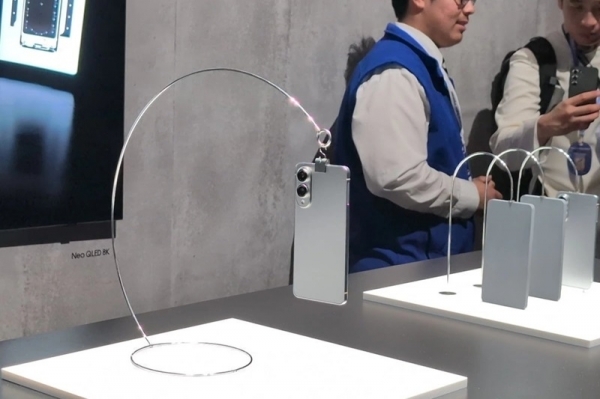
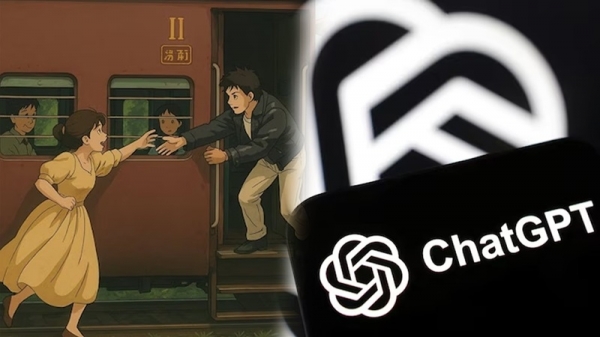
![[Photo] Summary of parade practice in preparation for the April 30th celebration](https://vstatic.vietnam.vn/vietnam/resource/IMAGE/2025/4/11/78cfee0f2cc045b387ff1a4362b5950f)











































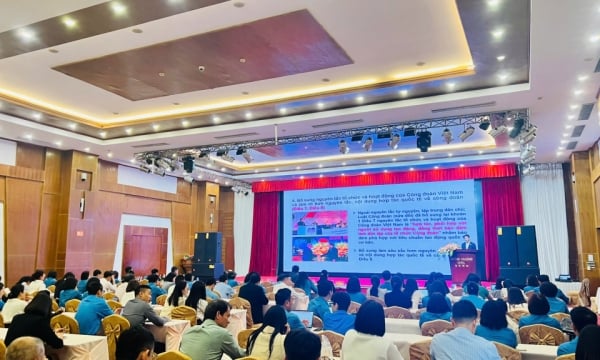


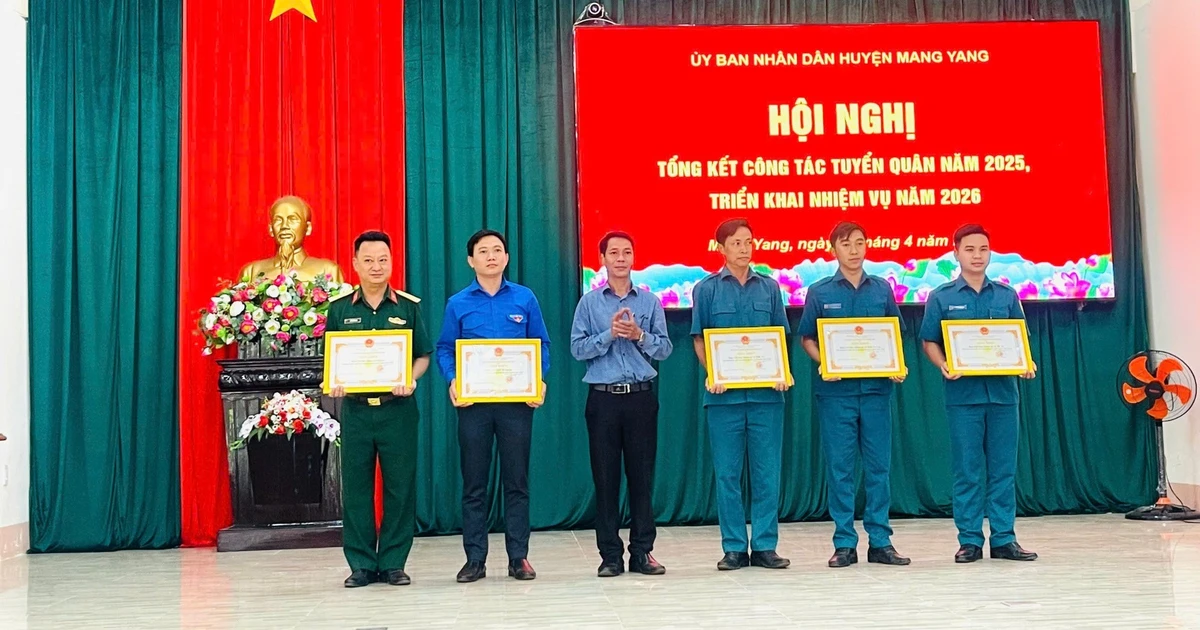












Comment (0)